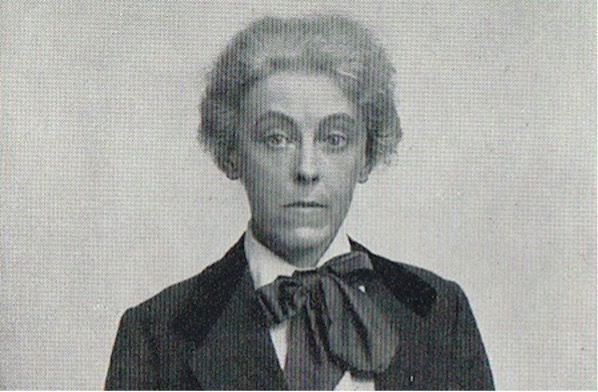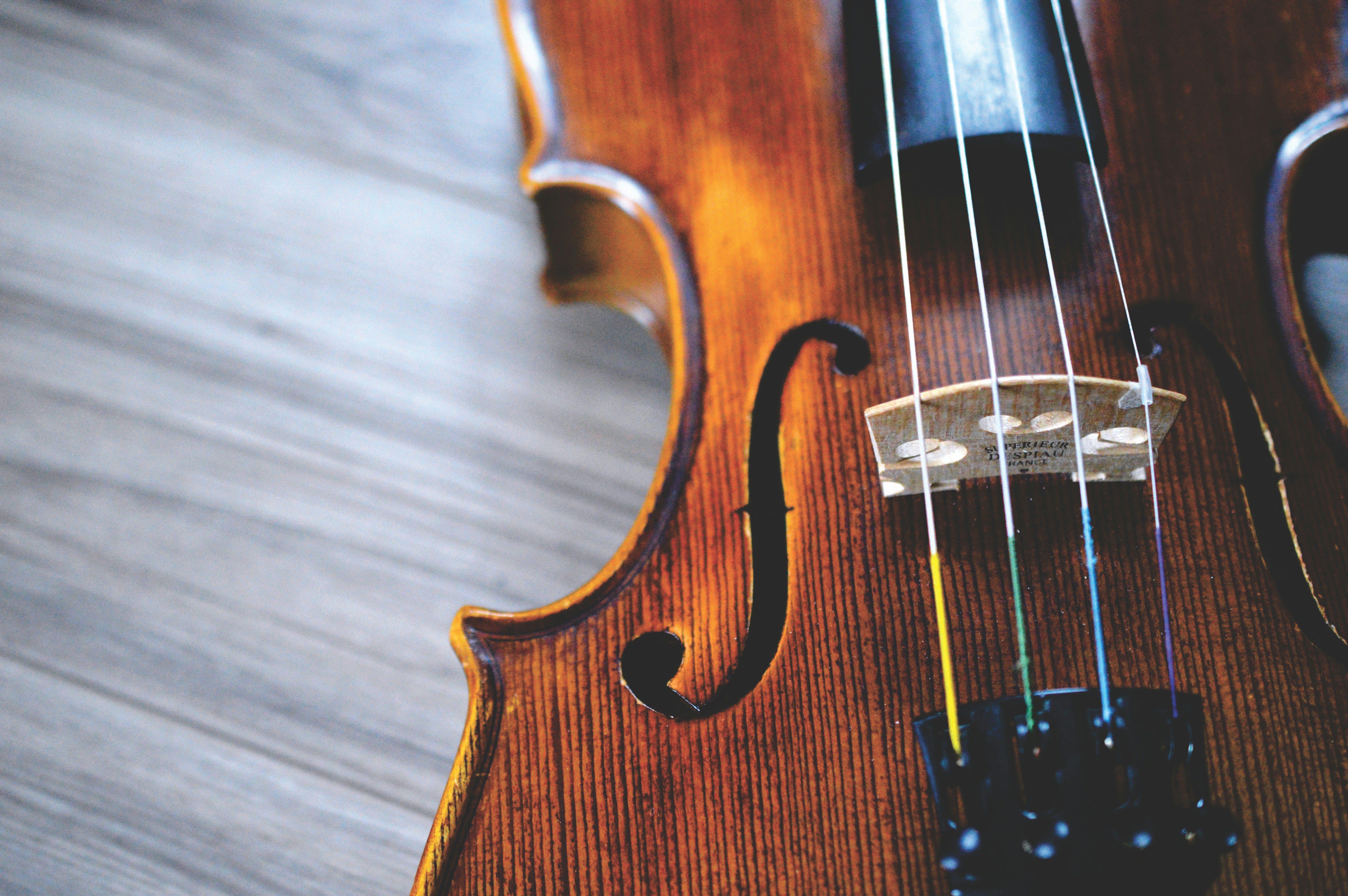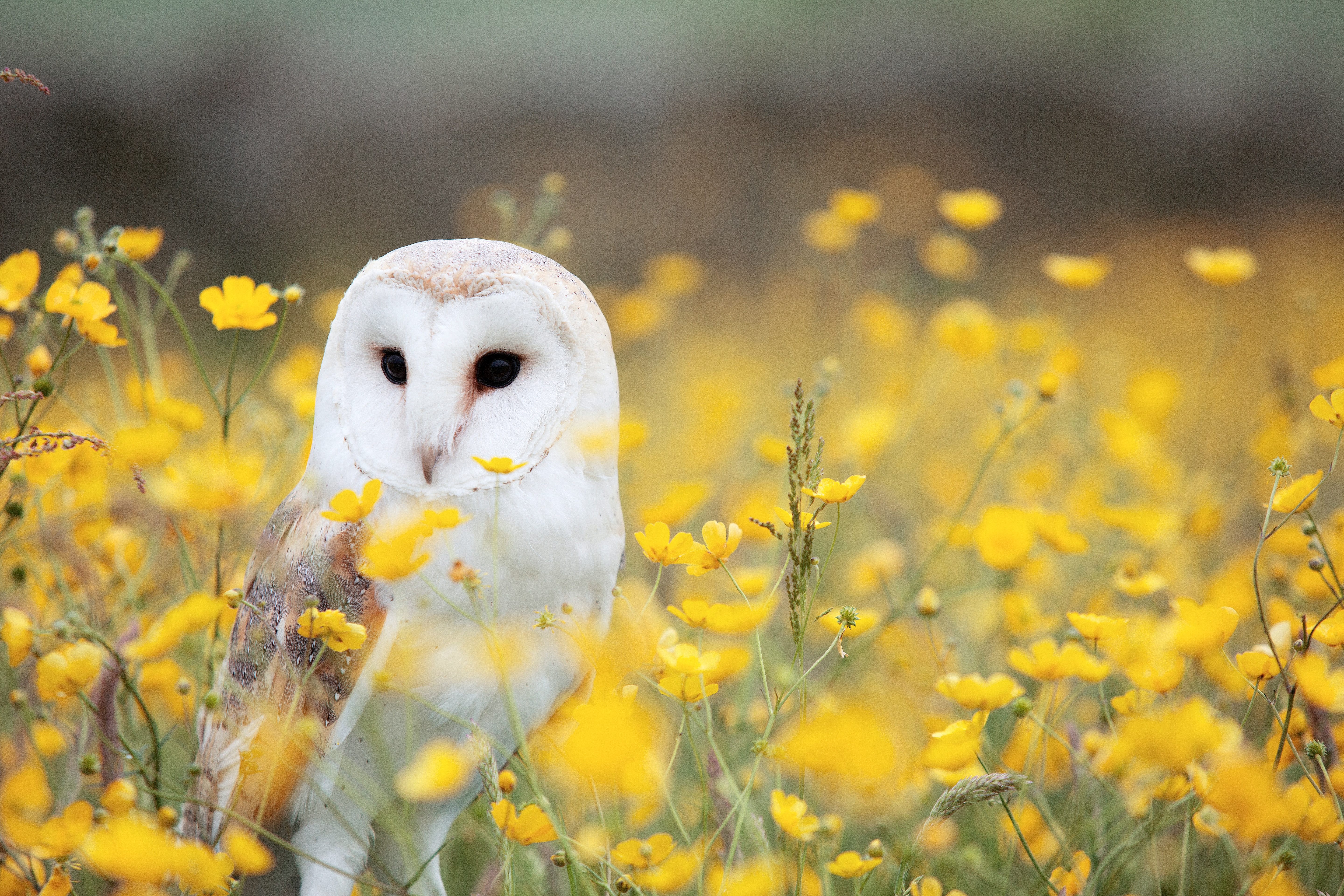Carrying on with my ‘lives of the artists’ series of posts, I was happy to have a recommendation from Rune Sister of This Rare Spirit: A life of Charlotte Mew, by Julia Copus (Faber & Faber, 2020). A sisterly recommendation was most apt for this particular book about this particular poet, whose close relationship with her own sister, Anne, was a mainstay of her existence. Anne was a painter but sadly, despite being a prize winning student, she never really had the opportunity to develop this career.
Charlotte Mary Mew (1869-1928) lived in London only a few doors away from the famous and gifted Literati known as the Bloomsbury set, but Charlotte’s life did not allow her to move in those famed and elegant circles. She did meet Virginia Woolf and the former knew about her work, but Charlotte had been forced into a very different life than that of the literary salon. When war poet Siegfried Sassoon queried (after Charlotte’s death) whether Woolf would write about her, he answered his own question by wondering whether there would be enough generosity in that direction– ultimately it seemed there was not. In fact Charlotte Mew did not align herself with any literary movement and this has made her, perhaps, more obscure than she should be for a poet of such evident talent. Her best known and most anthologised work is called, The Farmer’s Bride. It is this error that Julia Copus wished to rectify in writing this biography, and she has made a magnificent job.

Charlotte lived a hard life. It seemed that she never married or entered into any known relationships. There are no love letters sent or received in the archives that Copus combed through to bring us this minutely researched book. This in itself is a sad testimony to a life expended in familial duty.
Although Charlotte Mew was not born into poverty, the death of her father and a succession of other disasters to hit the family led to their financial situation deteriorating. Not only that, but at quite a young age Charlotte found herself head of the household. Copus writes:
“Her daily life was filled with running the house, caring for her needy mother and her siblings, and arranging the family’s legal and business affairs.”
Hardly an encouraging environment for a great poet. But it’s been done. Emily Dickinson famously wrote at 2 in the morning. It was the only time she could get the peace and quiet she needed to concentrate on her all-consuming art.
Yet despite the burdens of household management, Charlotte Mew wrote both short stories and poetry. There is little in the book about her influences or working methods but that is probably because she didn’t much discuss these. In fact Mew claimed in a letter to read little and know less about poetry, a statement to which her work gives the lie.
She published only one volume within her lifetime, but her poetry was admired by such luminaries as Thomas Hardy, Siegfried Sassoon and the American poet Hilda Doolittle. HD said that Mew was one of just three poets then living to have succeeded in the art of the dramatic monologue.
The author writes in her introduction that the book is her attempt to “restore her [Charlotte Mew] to her rightful place in our literary heritage.” Copus has undertaken a massive amount of research including previously unseen material – letters, photographs, diaries and testimonies. The author’s own writing is vivid and immediate, sympathetic and with a great feeling of truth. I felt forlorn on finishing the book and wanted to start reading from the beginning again, for more of the life story of this courageous and hopefully now a little less unsung poet. I wanted to read once more extracts from Charlotte Mew’s incandescent writing.





Leave a Reply to volatilemuseCancel reply